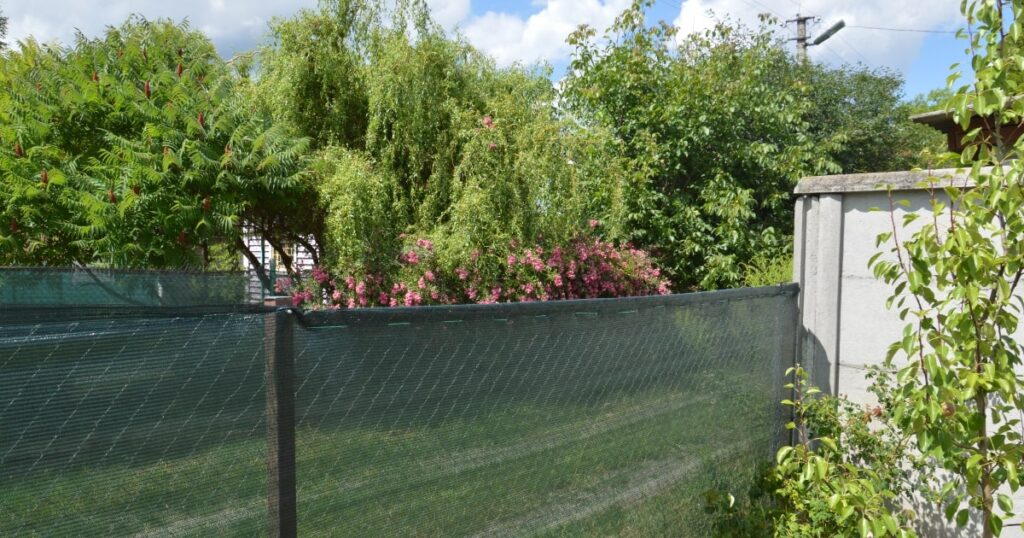Temporary vs. Permanent: Affordable Fencing Solutions for Renters

When it comes to finding the perfect affordable fence solution, renters often face unique challenges. Unlike homeowners, renters typically don’t want to invest heavily in permanent structures, yet they still seek security, privacy, and a sense of personal space. Whether you’re looking to keep pets safely contained, block out nosy neighbors, or simply enhance your yard’s appearance, understanding the differences between temporary and permanent fencing can help you make the right choice—without breaking the bank.
Why Renters Need Fencing Options
Renters often have limited control over the structure and design of their living space. Installing a costly, permanent fence on a property you don’t own can be risky, especially if the landlord doesn’t approve. But that doesn’t mean renters are without options. Many affordable fence solutions exist that are either temporary or minimally invasive, offering both function and flexibility.
Temporary Fencing: Flexible and Affordable
Temporary fencing is the go-to choice for most renters because it’s easy to install, remove, and relocate. These types of fences don’t require digging or permanent fixtures, making them ideal for short-term use or lease agreements with strict rules.
1. Vinyl or Plastic Panels
Portable vinyl fences are lightweight, weather-resistant, and come in various heights and designs. They snap together or use simple posts for setup. This type of affordable fence is great for creating enclosed spaces for pets or outdoor gatherings.
2. Metal or Wire Fencing
Roll-out wire fencing or metal mesh is another affordable, temporary option. It’s especially useful for gardeners looking to keep out animals or section off parts of the yard. With a few stakes, you can have a barrier up in minutes—no tools or digging required.
3. Bamboo or Reed Screens
If privacy is your main goal, bamboo screens offer a stylish, eco-friendly solution. Easily attached to existing structures or staked into the ground, they provide a quick visual barrier at a low cost.
4. Freestanding Wood Panels
Some renters opt for freestanding wooden fences or pallets stacked vertically to create a rustic divider. While they require more effort to set up, they’re still removable and don’t damage the property.
Benefits of Temporary Fencing for Renters
- No Property Damage: Most temporary fences don’t require digging or drilling, preserving the property.
- Portability: Move them wherever needed—across the yard or to a new apartment.
- Low Cost: Generally less expensive than permanent options, making them perfect for budget-conscious renters.
- Easy Installation: No need for professional help; many renters can install these fences themselves with minimal tools.
Permanent Fencing: When It Makes Sense for Renters
While it’s less common, some renters—particularly those with long-term leases or rental-to-own agreements—may consider installing a more permanent affordable fence. In such cases, it’s vital to get written permission from the landlord.
1. Chain-Link Fencing
Chain-link fences are durable, low-maintenance, and among the most affordable permanent options. They provide security and can be paired with privacy slats for additional coverage.
2. Wood Picket Fences
Classic wood picket fences offer curb appeal and a moderate level of privacy. Though pricier than temporary options, they can still be a cost-effective choice if shared with the landlord.
3. Vinyl Fencing
More durable than wood and easy to clean, vinyl fences are a popular option for long-term renters. While initial costs may be higher, they require little maintenance and last for years.
4. Modular Fence Panels
Some fence manufacturers offer modular systems that can be easily installed and removed, blurring the line between temporary and permanent. These are great for renters who want stability without full commitment.
Things to Consider Before Choosing a Fence
Before settling on a fence, renters should ask:
- What are the lease restrictions regarding outdoor modifications?
- Do you need a fence for security, privacy, pets, or aesthetics?
- How long do you plan to stay in the rental property?
- Is the investment worth it for your rental term?
It’s also wise to speak with your landlord about any changes, even if they seem minor. A temporary fence might still need approval depending on the lease terms.
Final Thoughts: Finding the Right Affordable Fence
For renters, the choice between temporary and permanent fencing comes down to flexibility, budget, and lease terms. Thankfully, today’s market offers a variety of affordable fence solutions that meet a range of needs—from simple garden barriers to more robust privacy screens. Temporary fences provide the best value and convenience for short-term renters, while longer-term tenants might find a semi-permanent option worthwhile if approved by the landlord.
Whichever path you choose, there’s no reason you can’t enjoy the comfort, privacy, and style of a fenced-in space—even if it’s not your forever home.



